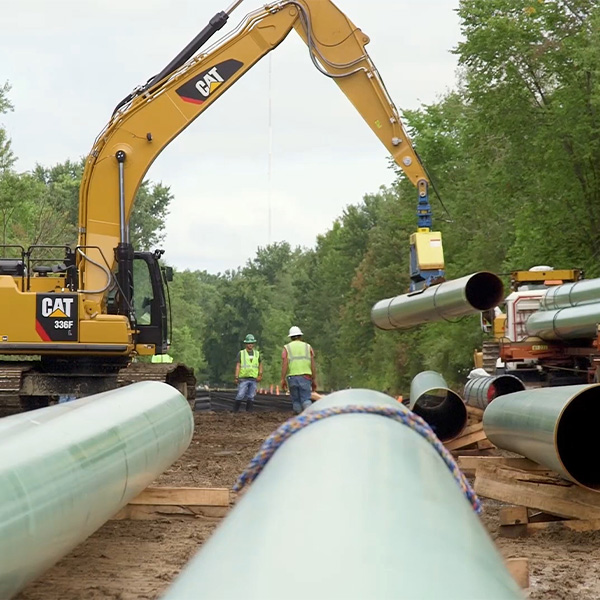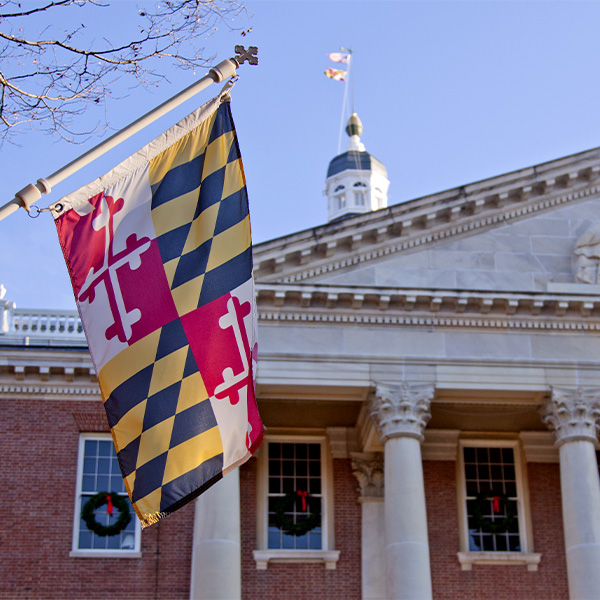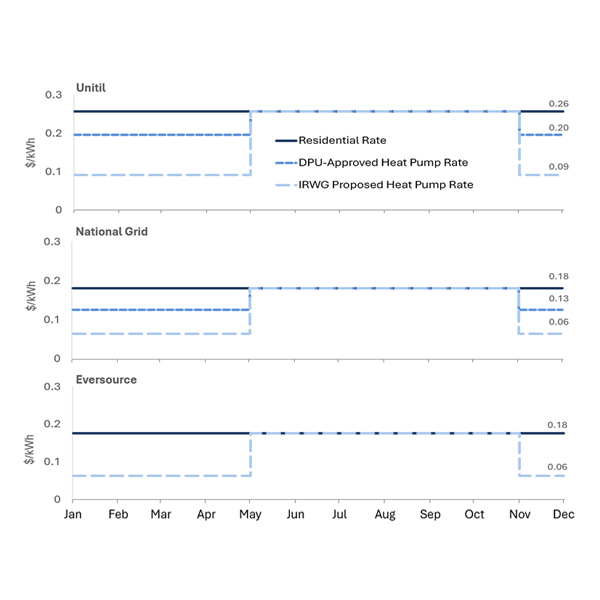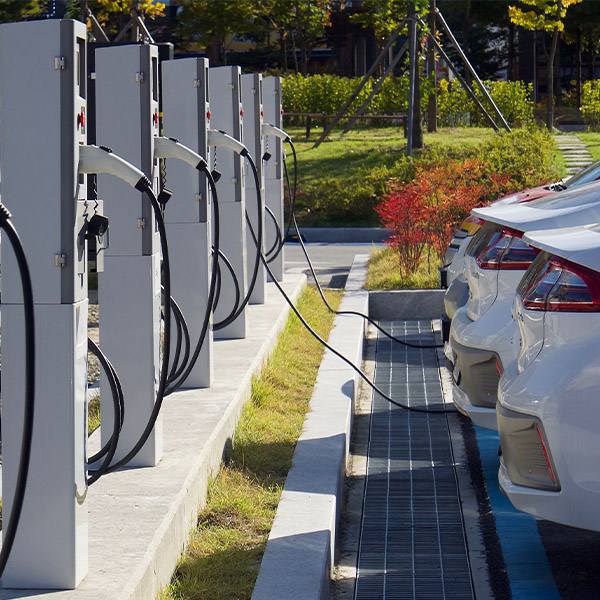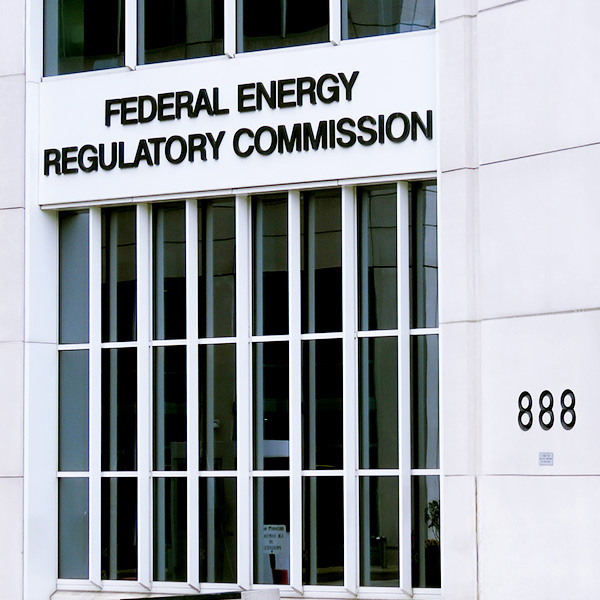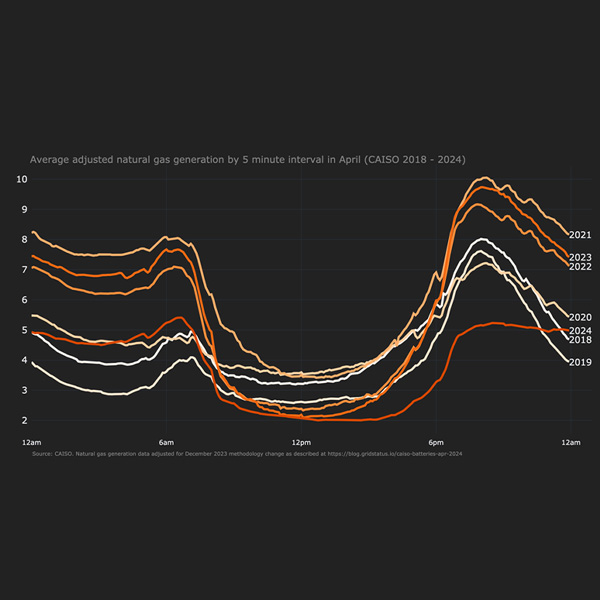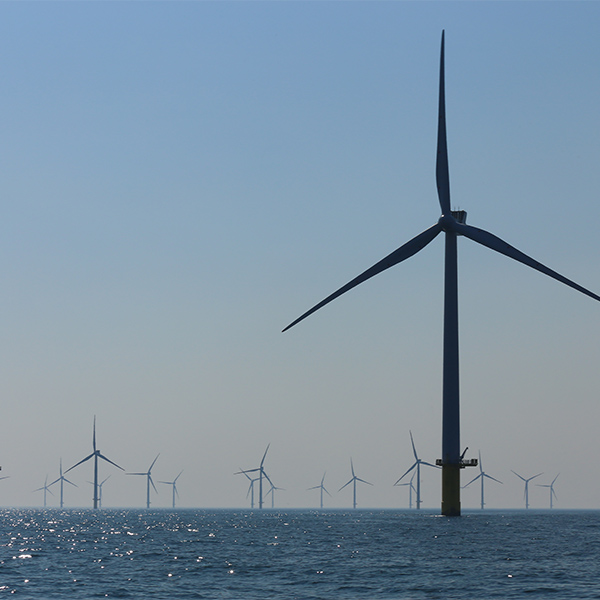State and Local Policy
AlabamaArizonaCaliforniaCA LegislationCalifornia Air Resources Board (CARB)California Energy Commission (CEC)California Public Utilities Commission (CPUC)ColoradoConnecticutDelawareDistrict of ColumbiaFloridaGeorgiaHawaiiIdahoIllinoisIndianaKentuckyLouisianaMaineMarylandMassachusettsMichiganMinnesotaMississippiMissouriMontanaNevadaNew HampshireNew JerseyNew MexicoNew YorkNYSERDAPublic Service CommissionNorth CarolinaNorth DakotaOhioOregonPennsylvaniaRhode IslandSouth CarolinaTennesseeTexasUtahVermontVirginiaWashingtonWest VirginiaWisconsinWyoming
Delaware has finalized a benefit agreement with US Wind for allowing the developer to use a state park to run export cables from the offshore wind farms it hopes to build.
The D.C. Circuit found the commission appropriately approved a new pipeline in Indiana meant to serve new natural gas generation that the state approved.
The rising opposition to the Maryland Piedmont Reliability Project, a 67-mile, 500-kV transmission line, and general dissatisfaction with PJM and utility grid planning and interconnection policies, are driving new bills in the General Assembly.
The New York Power Authority has filed a petition with the Public Service Commission asking it to designate Clean Path NY as a Priority Transmission Project under the Accelerated Renewable Energy Growth and Community Benefit Act.
The adoption of simple near-term rate reforms could help Massachusetts achieve its electrification goals while minimizing effects on ratepayers, an interagency working group concluded.
New Jersey in 2025 faces the added uncertainty of a likely contentious governor’s race to replace clean energy champion Gov. Phil Murphy and his release of a new energy master plan.
SMR manufacturer Last Energy and the attorneys general of Texas and Utah sued the NRC alleging it did not need to license smaller reactors and asking the court to remove that requirement so small reactors can expand around the country.
The direction FERC takes during President-elect Donald Trump’s second term is up in the air, but the commission may spend some of its time attempting to cut costs to consumers.
Answering the question isn’t easy, according to CAISO staff and other electric industry experts, who say that while batteries are having a notable impact, several factors complicate the narrative that they’re displacing gas on the grid.
Renewable energy industry analysts, representatives and environmental advocates say New York is in a better position than many others to make progress on its renewable energy goals during a second Trump administration.
Want more? Advanced Search

